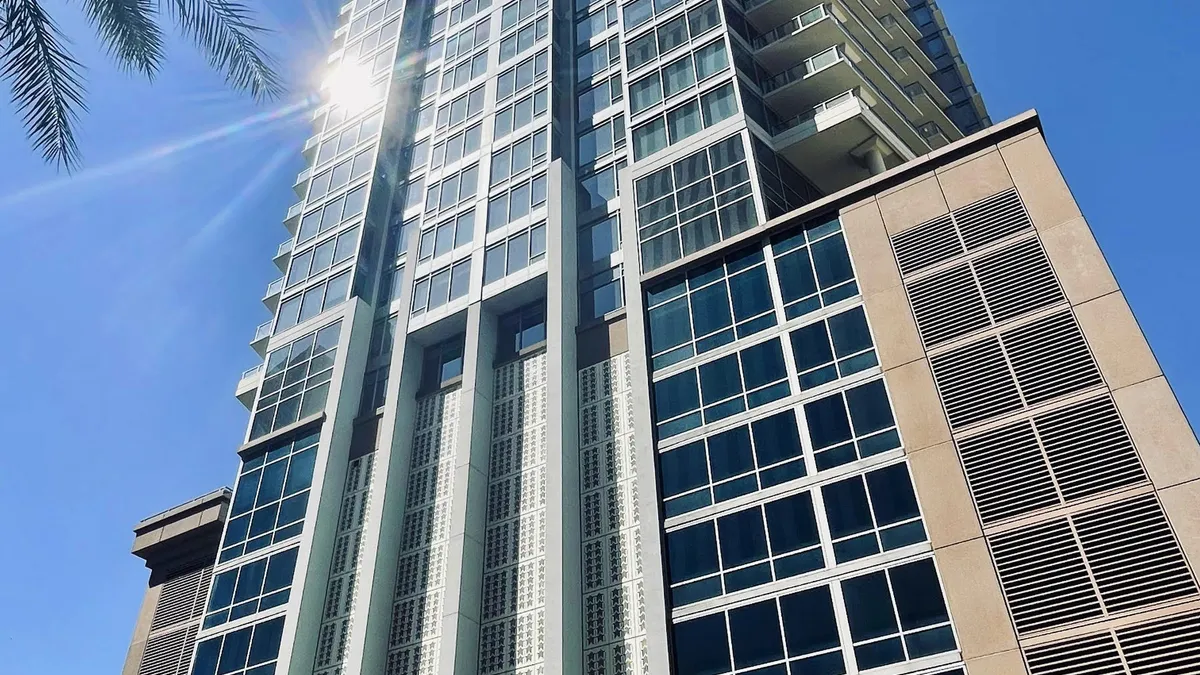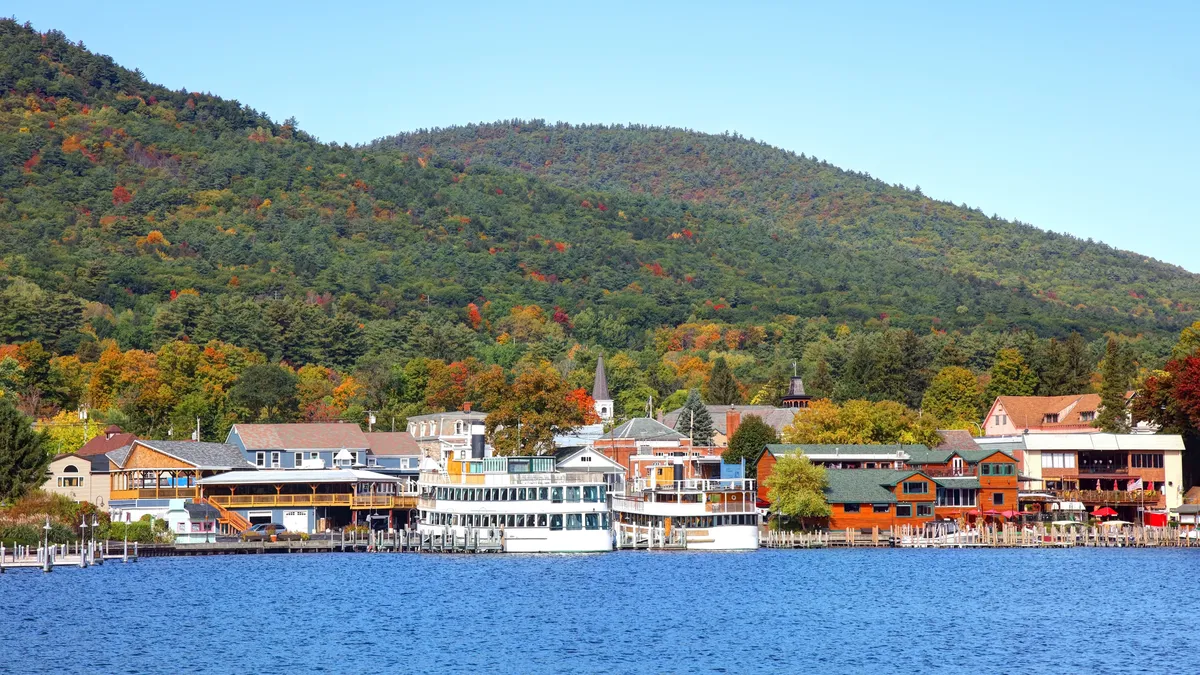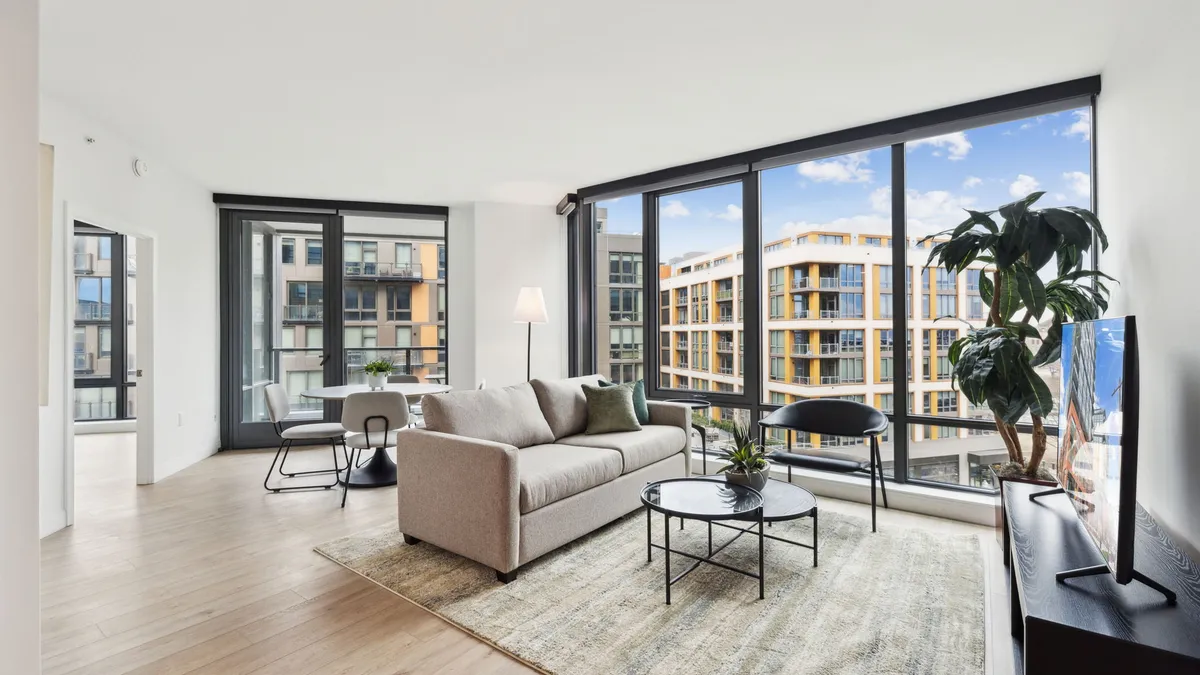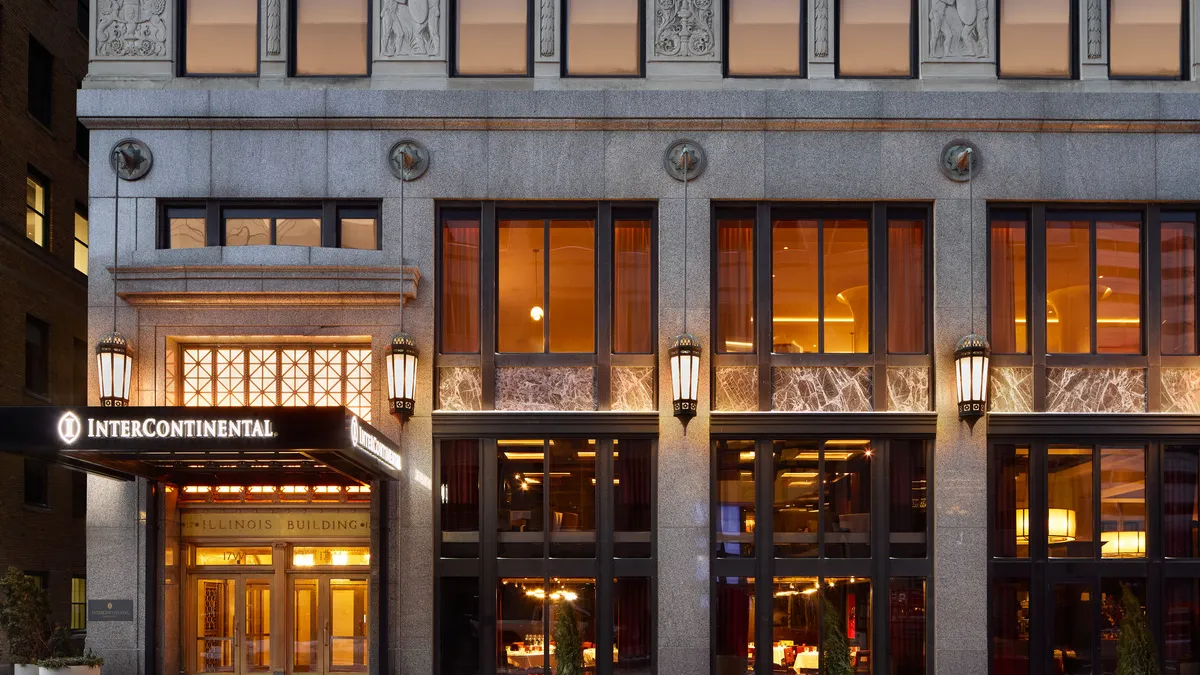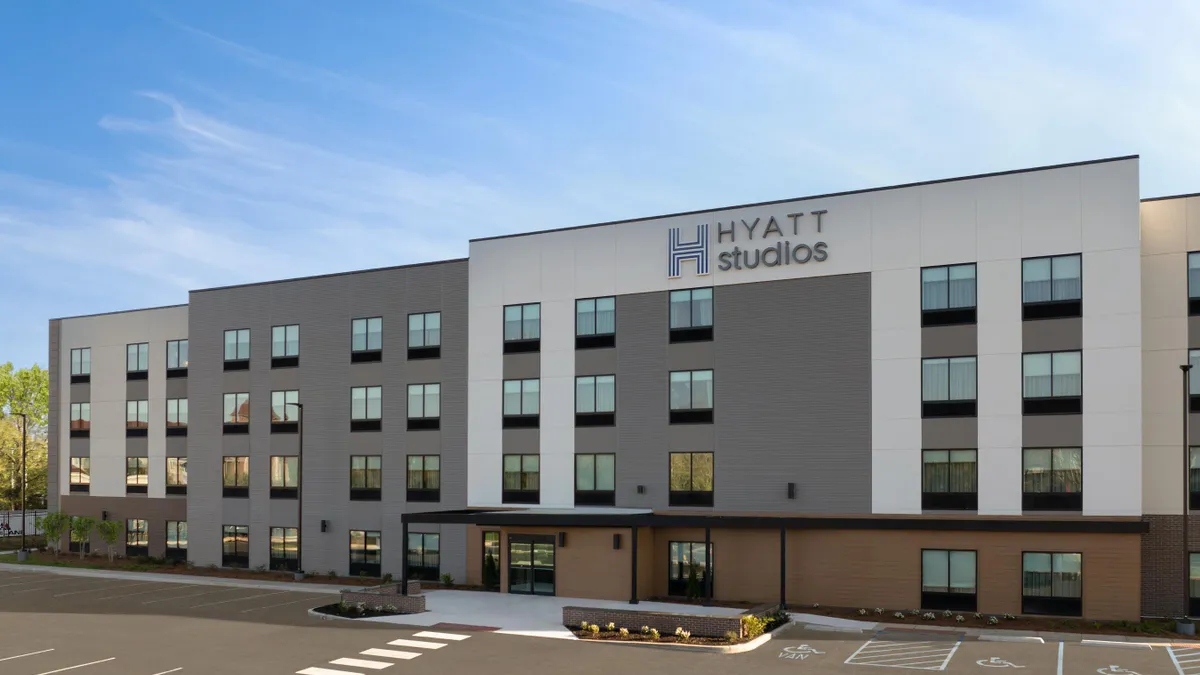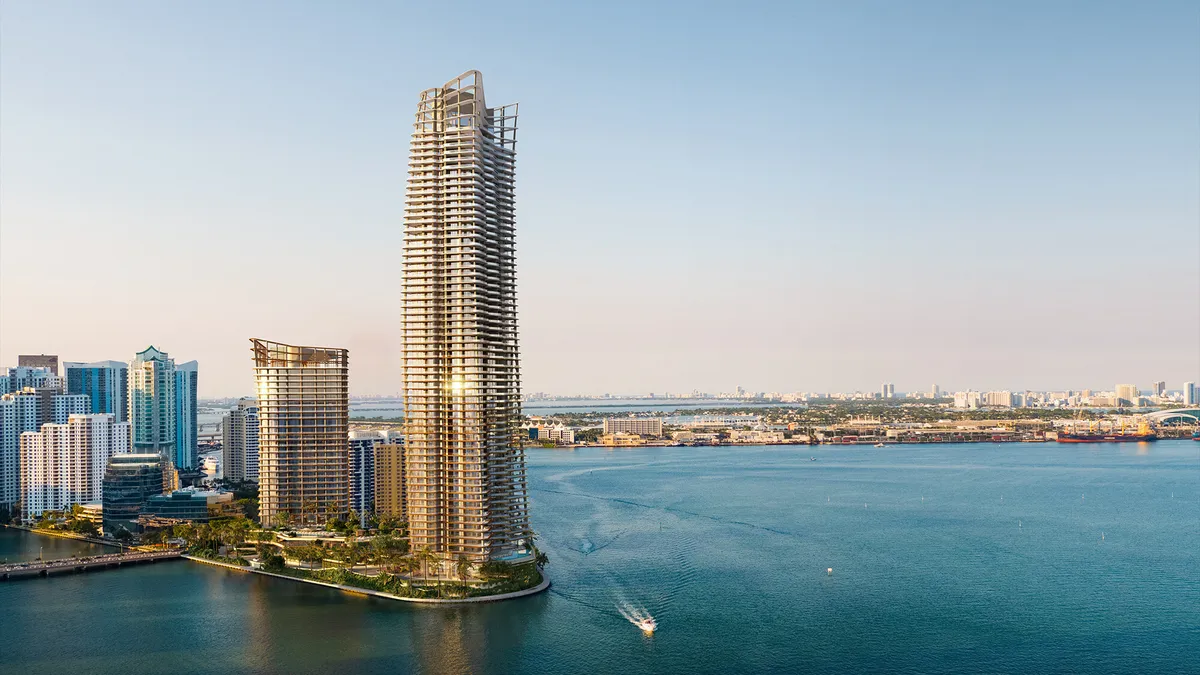Johnathan Meade was born on Friday the 13th. A neat coincidence, given his feelings on the number’s effect on construction.
Meade is the chief operating officer of Phoenix-based Meade Engineering, a family-owned engineering services firm. He also has more than a few thoughts about how a building’s 13th floor — which is often intentionally designed out of structures due to superstition — can be made more effective.
While the real estate industry has omitted the 13th floor for years for both superstitious and economic reasons — hotel travelers and condo buyers often eschew 13th-level units, lowering their value — the practice has received pushback from municipalities. In 2015, the city of Vancouver, British Columbia, banned the omission of these floors on elevator buttons, per the Vancouver Sun, in order to avoid confusion when first responders need to find people in an emergency.
Here, Meade talks about his experience, why superstition still holds sway over building designs and what can be done to remedy it.
Editor’s note: This interview has been edited for brevity and clarity.
CONSTRUCTION DIVE: What was your first experience with this practice in the construction industry?
JOHNATHAN MEADE: The 44 Monroe Tower in Phoenix, which we worked on in the early 2000s. It does not have a 13th floor. It's one of these things that, from a design standpoint, it's totally owner-driven.
Whoever's funding the building, who has the vision for the building, they're working with the architect. They personally, say, “I don't want to have the number 13 in this building.” That becomes a design focal point that you then have to build around.
It not only impacts architectural design, but it's going to be impacting all the other design disciplines such as mechanical, electrical, structural and civil.

That's what I think is so interesting about this phobia, that's gone back a couple hundred years, where we've literally made decisions around a phobia about how to design something in the construction world.
As I think about this, are those always the best design decisions from an engineering standpoint? Probably not. It's probably not always logical, but it's an owner preference.
How does altering the 13th floor affect the building from a design standpoint?
When you build these towers, you have equipment that is needed to support the tower, specifically HVAC and mechanical equipment. Many times, the mechanical floor as you call it, will be slotted on that 13th floor. On occasion, you'll have a mechanical key that you use inside the elevator in order to access this special floor.
Because of all that equipment on the 13th floor, you're going to have to modify that floor to accommodate it. Maybe the concrete slab is going to have to be thicker because of the weight of the equipment. It's not just people and condominiums.
Maybe the way that you route the electrical conduit in order to feed that mechanical equipment is going to be routed differently and less efficiently as a result of having to get it to that 13th floor, versus putting it on the bottom floor, or putting it in a mechanical yard on the exterior of the building.
Those are the kinds of decisions that are going to impact the entire structure and the way that the building is designed, because we have to accommodate this preference.
Why is not designating a 13th floor a potential issue?
If you want to design something luxury, you're going to design that building in a particular way. You want to create that atmosphere, create that environment, that's going to speak to that audience that you're trying to attract. But the 13th floor is totally superstitious.
If it's a condominium building or a hotel, there's that potential revenue loss because of that phobia of the number 13. The values of the condominiums that are being sold on the 13th floor will be less in-demand than the rest of the building, which will then impact the whole building. So there is some financial motivation, too.
As a result of this superstition, I think we're making design decisions that would be challenged otherwise.
Here’s an example I like using: I’ve tasked you with creating two identical buildings. On one of them, you have to use the 13th floor for your mechanical equipment and electrical equipment. At the other building, you can do whatever you want.
Who's going to have the more efficient design? Probably, the person who can do whatever they want, if the ultimate goal is to be sustainable or to be efficient with their design. If you think about it that way, that you had to design around the 13th floor, it just seems odd.
What would the best use of a 13th floor be?
If you had a 13th floor, the best use for that will probably be additional space for condominiums, hotel rooms or office space.
If there was no phobia about 13, you would just have a revenue-generating floor number 13, and that would likely be the best purpose for it.



